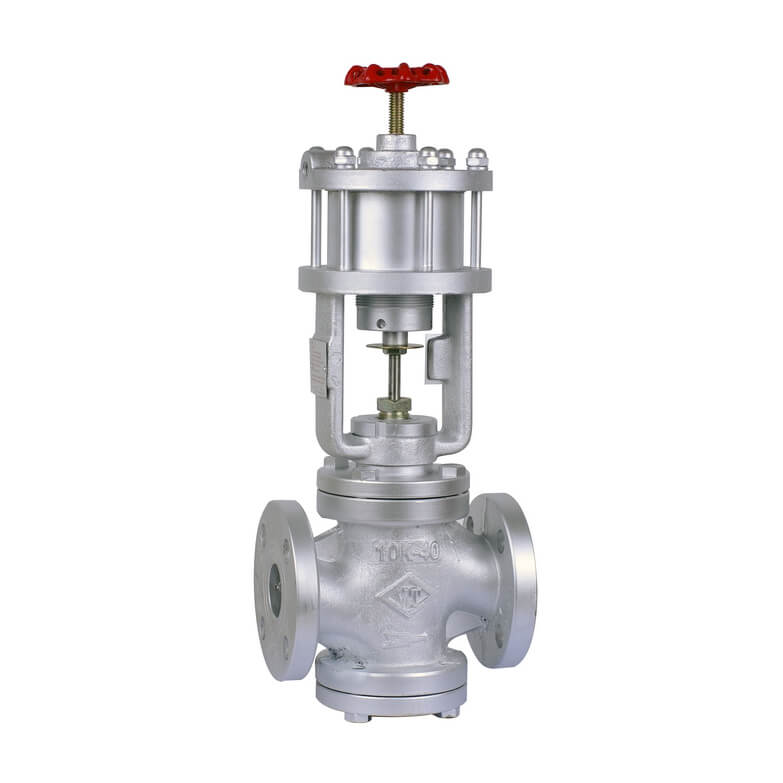Stop valves are an essential component in various industries, including oil and gas, mining, chemical industry, main water shut down, power plant, textile and sugar mill, etc. If you’re looking to buy a stop valve for your industrial application, it’s important to consider several factors that can impact the price and quality of the valve. In this post, we’ll list the price for stop valve, and explore what you need to know about stop valve price and what factors to consider when purchasing stop valves.
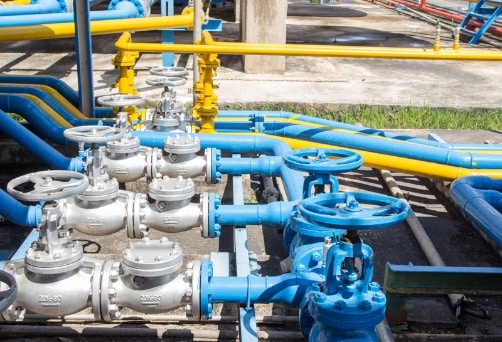
What Are Stop Valves?
Stop valves are essential components used in various industrial applications, including oil and gas, mining, and manufacturing. They are designed to isolate or control the flow of fluid within a pipeline, allowing operators to stop or start the flow as needed. Stop valves are an important part of any industrial system, as they help to regulate the flow of fluids, prevent leaks, and ensure the safety of workers and equipment.
At THINKTANK, we understand the importance of stop valves in industrial applications. We provide high-quality valves that are designed to meet the specific needs of each application, ensuring reliable performance and long-lasting durability. Our valves are precision-engineered using the latest technology and highest-quality materials and are tested to rigorous standards to ensure their quality and performance.
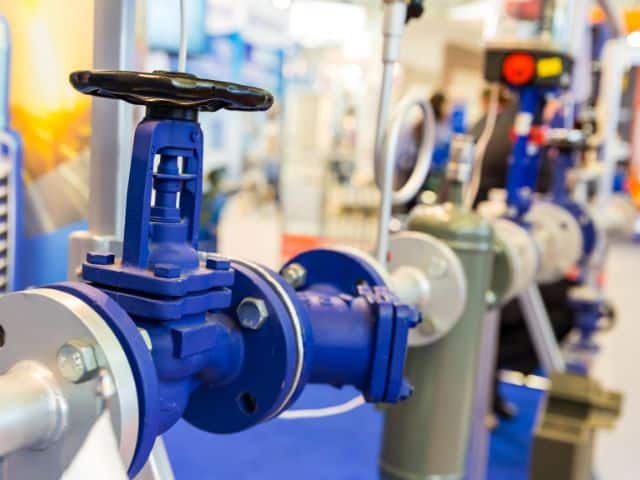
Whether you’re looking for a replacement stop valve for a specific application, or you’re looking for advice on the best valve for your needs, our team is here to help. We have a team of experts with years of experience in the valve industry, and we’re always happy to provide advice and guidance to help you make informed decisions about your industrial valves.
To learn more about our selection of stop valves and how they can benefit your industrial application, please explore our website. We offer a range of free resources, including video testimonials, technical specifications, and warranty details, to help you make the best choice shut off valve for your needs.

Different types of stop valves
Stop valves are a crucial component in the flow control process, and there are several types available, each with different advantages and disadvantages. Understanding the different types of stop valves can help in selecting the right valve for specific industrial applications. Here are some commonly used types of stop valves.
Ball Valves
Ball valves are used to control fluid flow and consist of a spherical disc inside the valve body. Ball valves offer precise control and are suitable for a wide range of industrial applications. They are also easy to operate and durable, making them ideal for high-pressure and high-temperature applications.
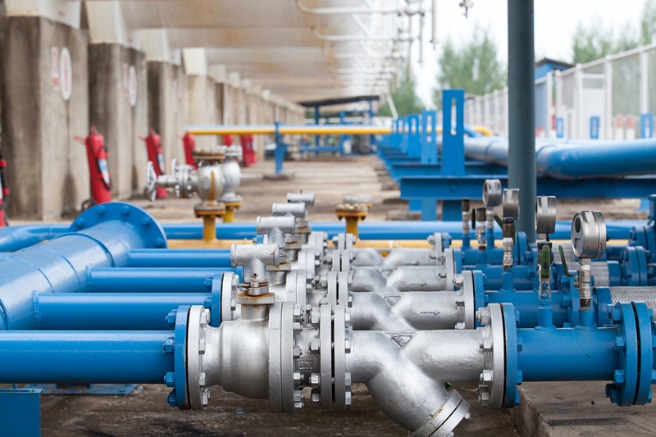
Gate Valves
Gate valves, also known as sluice valves, are designed to open and shut off fully and quickly. They use a gate-like component to control fluid flow and provide a tight shutoff when closed. Gate valves are commonly used in applications where a full open or full close of the valve is required, such as pipeline isolation or emergency shutoff.
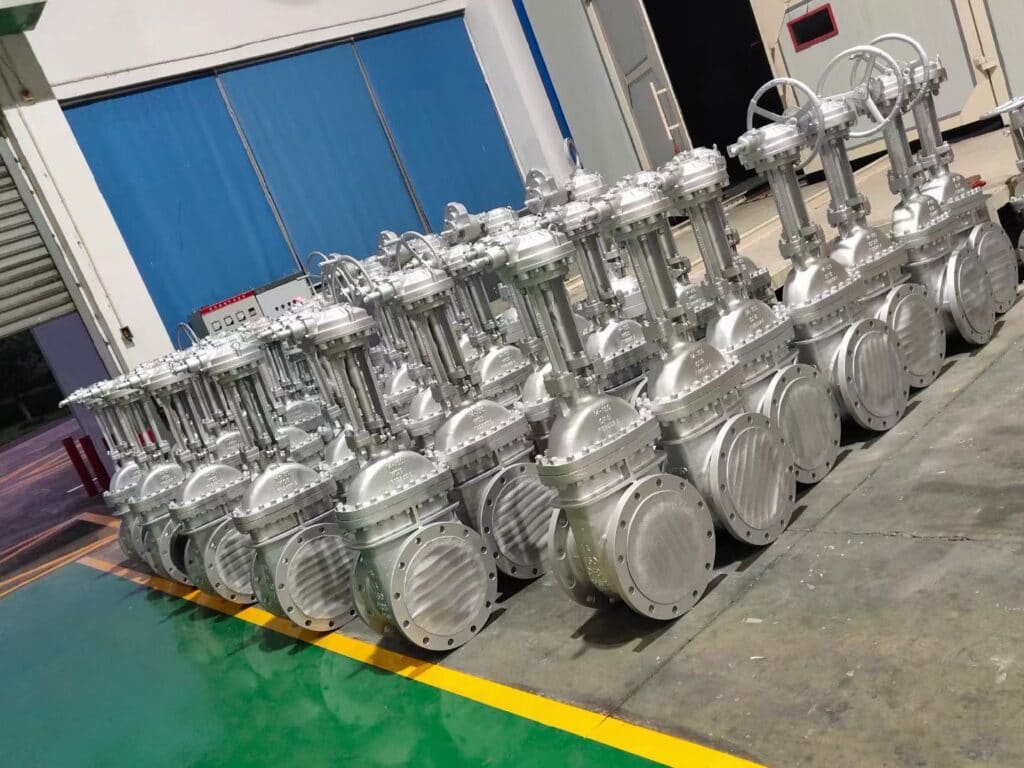
Globe Valves
Globe valves are highly versatile valves designed to regulate the flow of fluid. They use a disk and a seat mechanism to control fluid flow, making them perfect for applications that require accurate flow control. Globe valves can handle high-temperature and high-pressure applications and are widely used in refining and petrochemical applications.
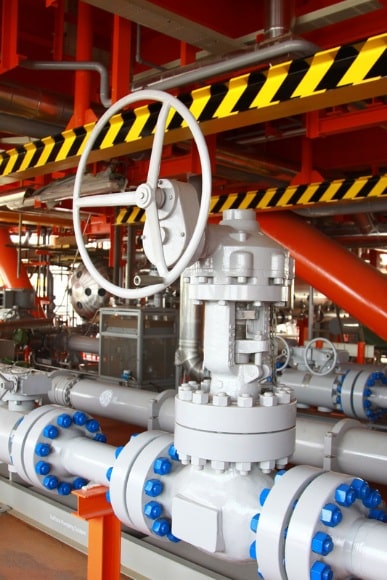
Check Valves
Check valves are designed to prevent backflow in a pipeline. They use a spring-loaded mechanism to allow fluid flow in one direction while preventing it from flowing in the opposite direction. Check valves can handle high-pressure and high-temperature applications, making them ideal for industries that require the prevention of backflow.

Advantages and disadvantages of each type Stop Valve
| Type of Stop Valve | Advantages | Disadvantages |
|---|---|---|
| Gate Valve | High flow capacity, tight shutoff, low pressure drop | Slow opening/closing, susceptible to leakage, not suitable for throttling |
| Ball Valve | Quick opening/closing, excellent shutoff, easy to operate | Limited temperature range, prone to damage from solids or debris, higher cost than other valves |
| Butterfly Valve | Compact design, low pressure drop, lightweight | Limited temperature range, may not provide a tight shutoff, not suitable for high-pressure applications |
| Check Valve | Prevents reverse flow, low maintenance | Higher cost than some other valves, typically only suitable for one direction flow |
| Globe Valve | Suitable for throttling, good shutoff, reliable | Higher pressure drop, may be more prone to abrasion or erosion, more complex design than other valves |
| Needle Valve | Precise flow control, can be used in high-pressure applications | Low flow capacity, may not provide a tight shutoff at high pressure, more expensive than other valves |
Stop Valve Price List
Cylinder Pneumatic Globe Stop Valve
| Size | Exw(US$) |
| 3/4″ | $229.58 |
| 1″ | $241.67 |
| 1 1/4″ | $265.83 |
| 1 1/2″ | $350.42 |
| 2″ | $386.67 |
| 2 1/2″ | $435.00 |
| 3″ | $580.00 |
| 4″ | $966.67 |
Diaphragm Pneumatic Globe Stop Valve
| Size | Exw(US$) |
| 3/4″ | $373.33 |
| 1″ | $396.67 |
| 1 1/4″ | $443.33 |
| 1 1/2″ | $560.00 |
| 2″ | $606.67 |
| 2 1/2″ | $746.67 |
| 3″ | $816.67 |
| 4″ | $1,353.33 |
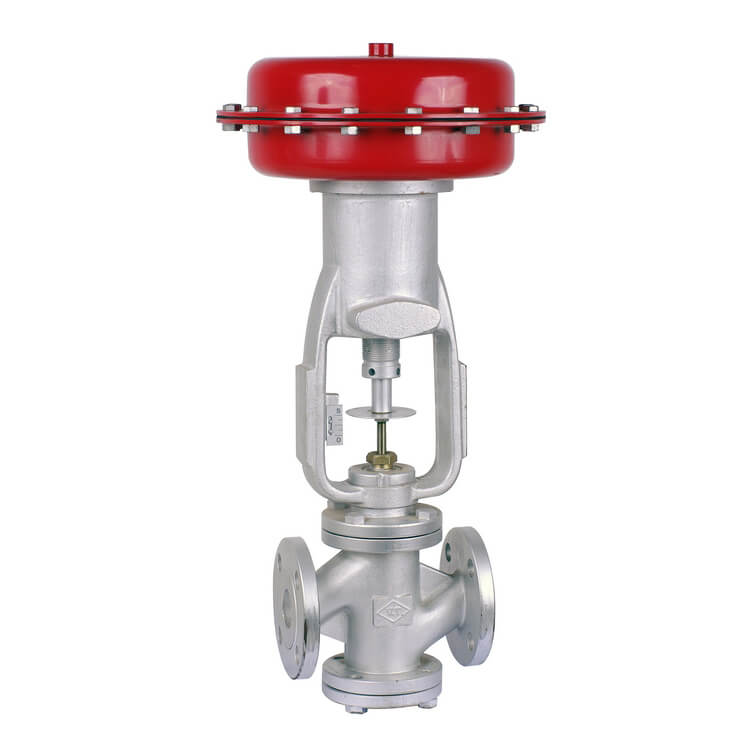
Factors affecting stop valve price
In-depth discussion of the different factors to consider when buying stop valves, including material, size, type, pressure rating, and certifications.
When it comes to purchasing stop valves, there are several crucial pricing factors to consider to ensure that you are getting the right valve for your industrial application. These factors include the material, size, type, pressure rating, and certifications.
Material
Stop valves are made from a range of materials, including brass, stainless steel, cast iron, and plastics. The material that you choose will affect the valve’s durability, operating temperature, and pressure capabilities. Brass is an excellent choice for low-temperature and low-pressure applications, while stainless steel valves can withstand high-temperature and high-pressure applications. Cast iron is an affordable option that can withstand high pressure and temperatures, while plastics such as PVC and CPVC are ideal for corrosive applications.
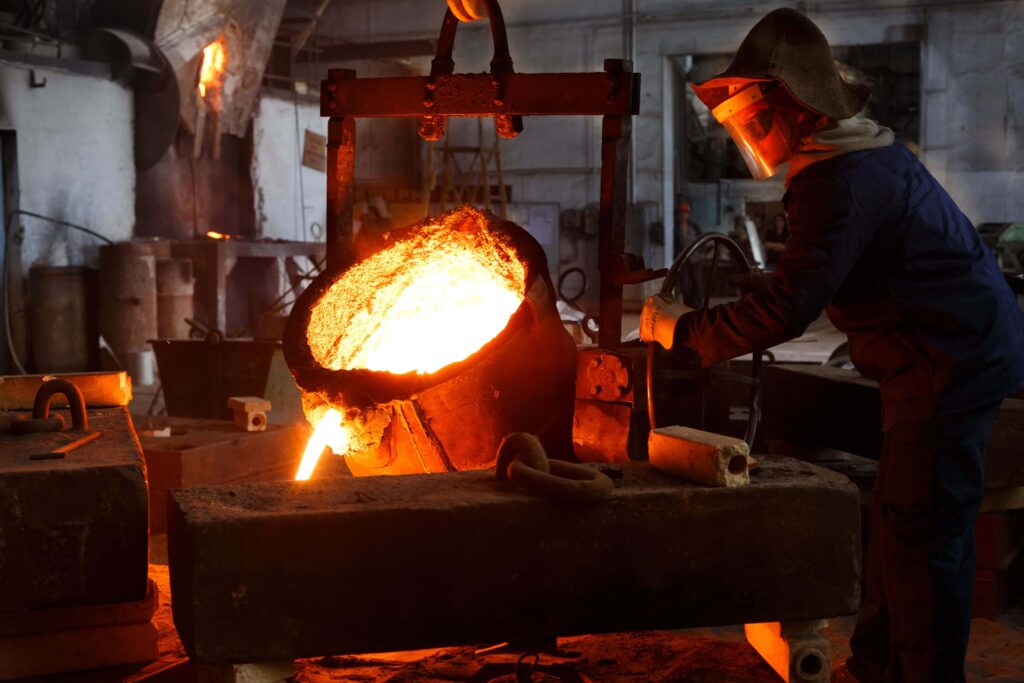
Size
The size of the valve you need will depend on the size of the pipe and the flow requirements of main water for your application. The larger the valve, the more expensive it will be. It’s important to choose the correct size valve to ensure optimal performance.
Type
Stop valves come in many different types, including ball valves, gate valves, globe valves, and check valves. Each type has unique features and benefits that make it suitable for specific applications or environments. For example, ball valves are widely used in the oil and gas industry for their durability and ease of operation, while globe valves are commonly used in refining and petrochemical applications due to their precise flow control.
Pressure Rating
Valve pressure rating is the maximum allowed pressure that a valve can handle. This factor is crucial to consider because an overpressure can result in catastrophic consequences. The higher the rating, the more expensive the new valve is.
Certifications
Valve certifications ensure that your valve meets specific safety standards and industry regulations. Certifications such as API 6D, ASME B16.34, and ISO 9001 demonstrate quality standards and compliance with industry regulations. It is important to choose a valve with the appropriate certification to guarantee that you are compliant with industry standards.

Stop valve price varies depending on factors such as material, size, type, pressure rating, and certifications. It’s essential to take these factors into account when selecting valves for your industrial application to ensure safety, reliability, and optimal performance. Please feel free to contact us for more information on our selection of high-quality stop valves.
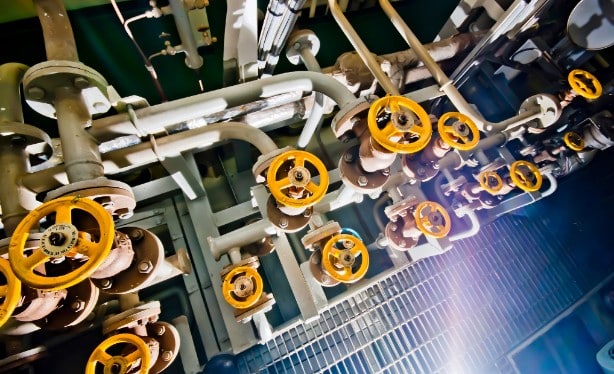
Common customization options for stop valves and how they affect the price
When it comes to stop valves, there are many customization options available to meet specific needs and requirements. These customization options can affect the price of the valve. Here are some common customization options for stop valves and how they can affect the price:
Seals and Connections
There are various types of seals and connection options available, such as welded, threaded, or flanged connections, which can affect the price of the valve. Different seals and connections may be required depending on the specific application, and selecting the right ones can improve the valve’s performance and increase its lifespan.
Stop Valve Operation
Customizing the valve’s operation -such as manual, pneumatic, or electric-operated valves which can affect the price. Automated valves are easier to operate and more reliable than manual valves, but they can be more expensive to replace.
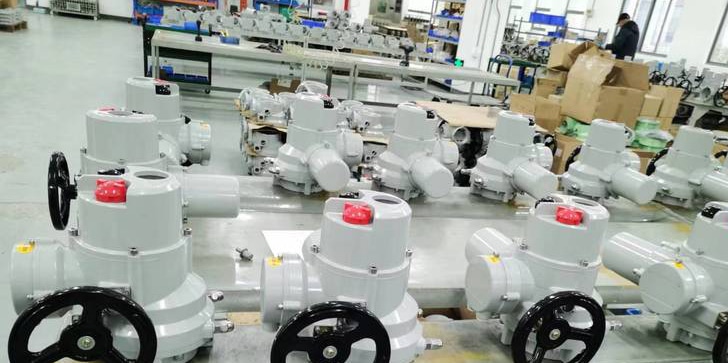
Materials
Customizing materials used in manufacturing the valve, such as choosing to install special alloys or coating to avoid corrosion, may affect the cost of the valve.
Testing and Certification
Customizing testing requirements and valves certifications to meet specific safety standards and industrial regulations may add additional costs to the price of replacing the valve.
We provide many customization options for stop valves which can significantly influence the stop valve price. It’s important to discuss customization options with a valve expert to determine the best option that meets your specific needs and requirements without unnecessarily increasing the cost. At THINKTANK, we provide a wide range of customization options that suit most needs and guarantee the best valve performance, coupled with free resources that aid in your selection process. Contact us today to learn more about our selection of high-quality stop valves and get personalized advice on selecting the right valve for your industrial application.
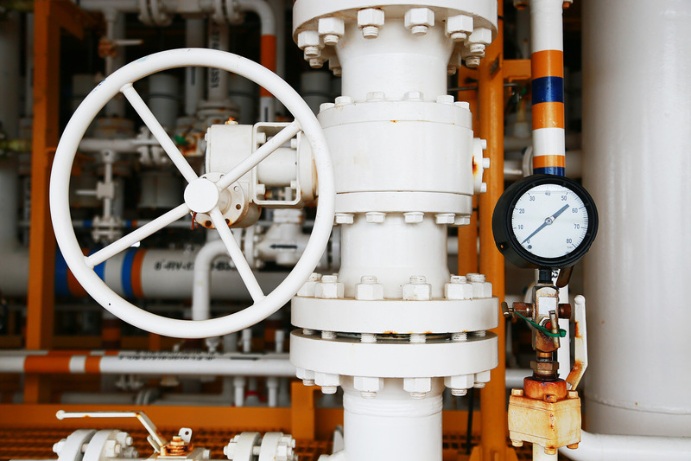
Final thoughts on stop valve price
In conclusion, choosing the right stop valve for your application requires careful consideration of several factors. These include the pressure and temperature of the system, the material of construction, the size and type of valve, and the manufacturer’s reputation. By evaluating these factors and selecting a reliable and high-quality valve, you can ensure the safe and effective operation of your system. Remember to always consult with a professional for guidance, and don’t hesitate to reach out to reputable manufacturers or distributors for assistance in selecting the right valve for your needs. Meanwhile, THINKTANK as a reliable stop valve manufacturer always is here to serve you.

